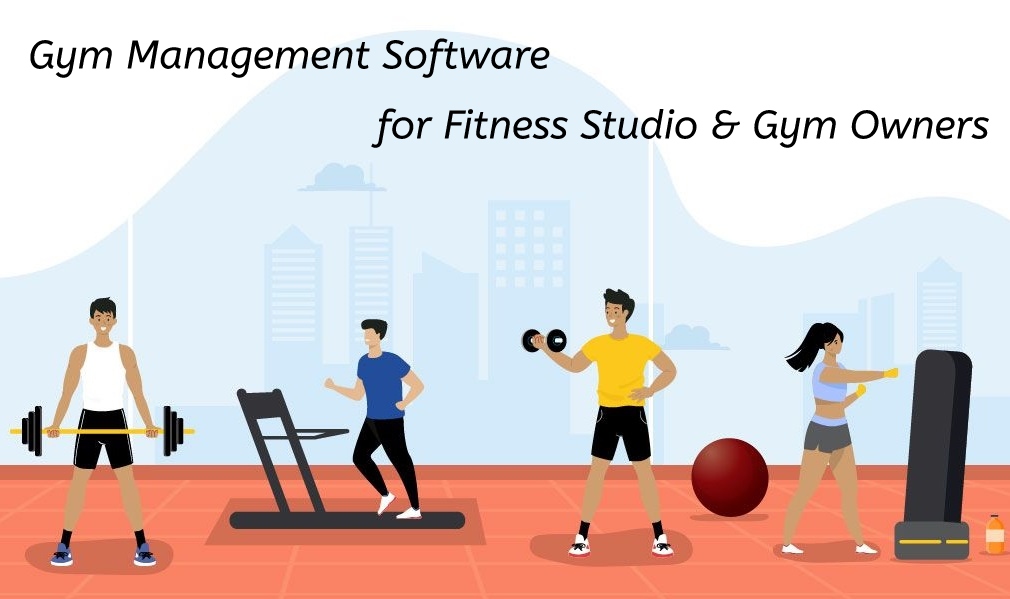 Get SEO-Optimized Articles – Written for Humans, Loved by Google!
Get SEO-Optimized Articles – Written for Humans, Loved by Google!
Protecting Your Privacy: Best Practices for Using Video Intercom Systems
Written by Tomassmith » Updated on: June 17th, 2025

As door video intercom systems become increasingly popular for enhancing security and convenience, it’s essential to ensure that they are used in ways that protect your privacy. This blog outlines best practices for using video intercom systems while safeguarding personal information and maintaining privacy.
Understanding Privacy Concerns with Door Video Intercom Systems
Door video intercom systems provide real-time audio and video communication with visitors, significantly improving security and convenience. However, they also capture and store sensitive information that, if not properly managed, could compromise privacy. It’s crucial to implement strategies that protect this data from unauthorized access and misuse.
Best Practices for Protecting Privacy
Choose a Secure System: Select a door video intercom system from reputable manufacturers that prioritize security and privacy. Look for systems with robust encryption standards to ensure that the data transmitted and stored is protected from hacking and unauthorized access.
Use Strong, Unique Passwords: Ensure that your door video intercom system is secured with strong, unique passwords. Avoid using default passwords and regularly update them to reduce the risk of unauthorized access. Consider using a password manager to keep track of complex passwords.
Enable Two-Factor Authentication (2FA): If available, enable two-factor authentication for your video intercom system. 2FA adds an extra layer of security by requiring a second form of verification, such as a text message code or authentication app, in addition to your password.
Regularly Update Firmware and Software: Keep your door video intercom system’s firmware and associated apps up to date. Manufacturers often release updates that address security vulnerabilities and enhance the system’s overall security.
Limit Data Retention: Configure your system to retain video recordings and other data for the shortest time necessary. Regularly review and delete old recordings to minimize the amount of sensitive information stored on the system.
Secure Remote Access: When accessing your video intercom system remotely, ensure you are using secure connections, such as VPNs, to prevent interception of data. Avoid accessing the system over public Wi-Fi networks that may be insecure.
Control User Access: Limit access to the video intercom system to authorized users only. Set up user accounts with appropriate permissions and regularly review and update access controls to ensure that only trusted individuals can view or manage the system.
Monitor System Activity: Regularly check the system’s activity logs to monitor for any unusual or unauthorized access attempts. This can help you detect potential security breaches early and take appropriate action.
Educate Household Members or Employees: Ensure that everyone who uses the door video intercom system understands the importance of security and privacy. Educate them on best practices, such as not sharing passwords and being cautious about granting access to unknown visitors.
Enhancing Privacy with Advanced Features
Geofencing: Some door video intercom systems offer geofencing features that automatically adjust settings based on your location. For example, notifications or recording can be disabled when you are home, reducing unnecessary data collection.
Privacy Zones: Utilize privacy zones to mask or blur parts of the video feed that capture areas outside your property. This helps prevent the system from recording public spaces or neighboring properties, respecting the privacy of others.
End-to-End Encryption: Ensure that your system supports end-to-end encryption, which protects data from the moment it is captured until it reaches its intended recipient. This level of encryption ensures that even if data is intercepted, it remains unreadable.
Conclusion
Door video intercom systems offer numerous benefits for security and convenience, but it’s crucial to use them in ways that protect your privacy. By following best practices such as securing passwords, enabling two-factor authentication, regularly updating software, and educating users, you can safeguard your personal information and enjoy the advantages of a video intercom system without compromising your privacy
Note: IndiBlogHub features both user-submitted and editorial content. We do not verify third-party contributions. Read our Disclaimer and Privacy Policyfor details.
Copyright © 2019-2025 IndiBlogHub.com. All rights reserved. Hosted on DigitalOcean for fast, reliable performance.













